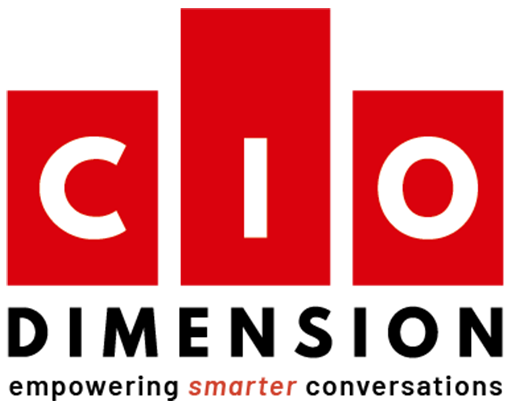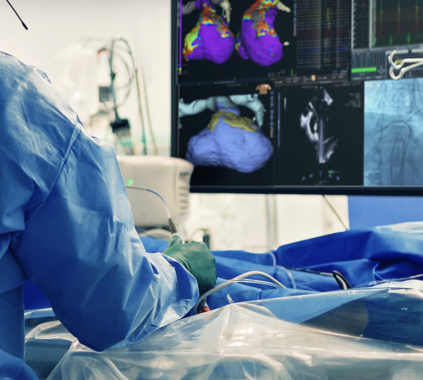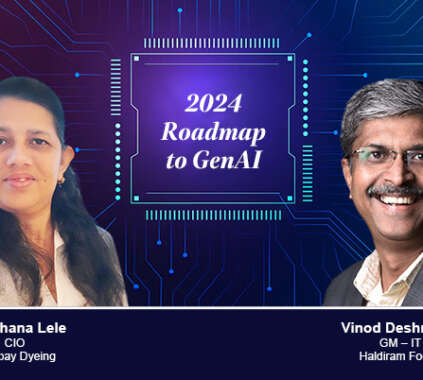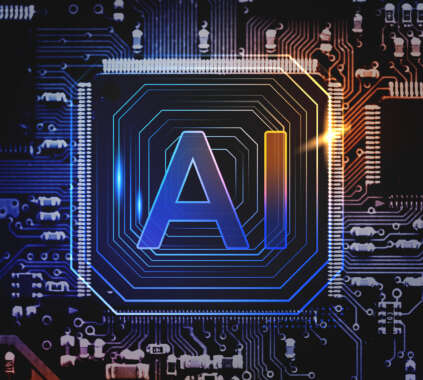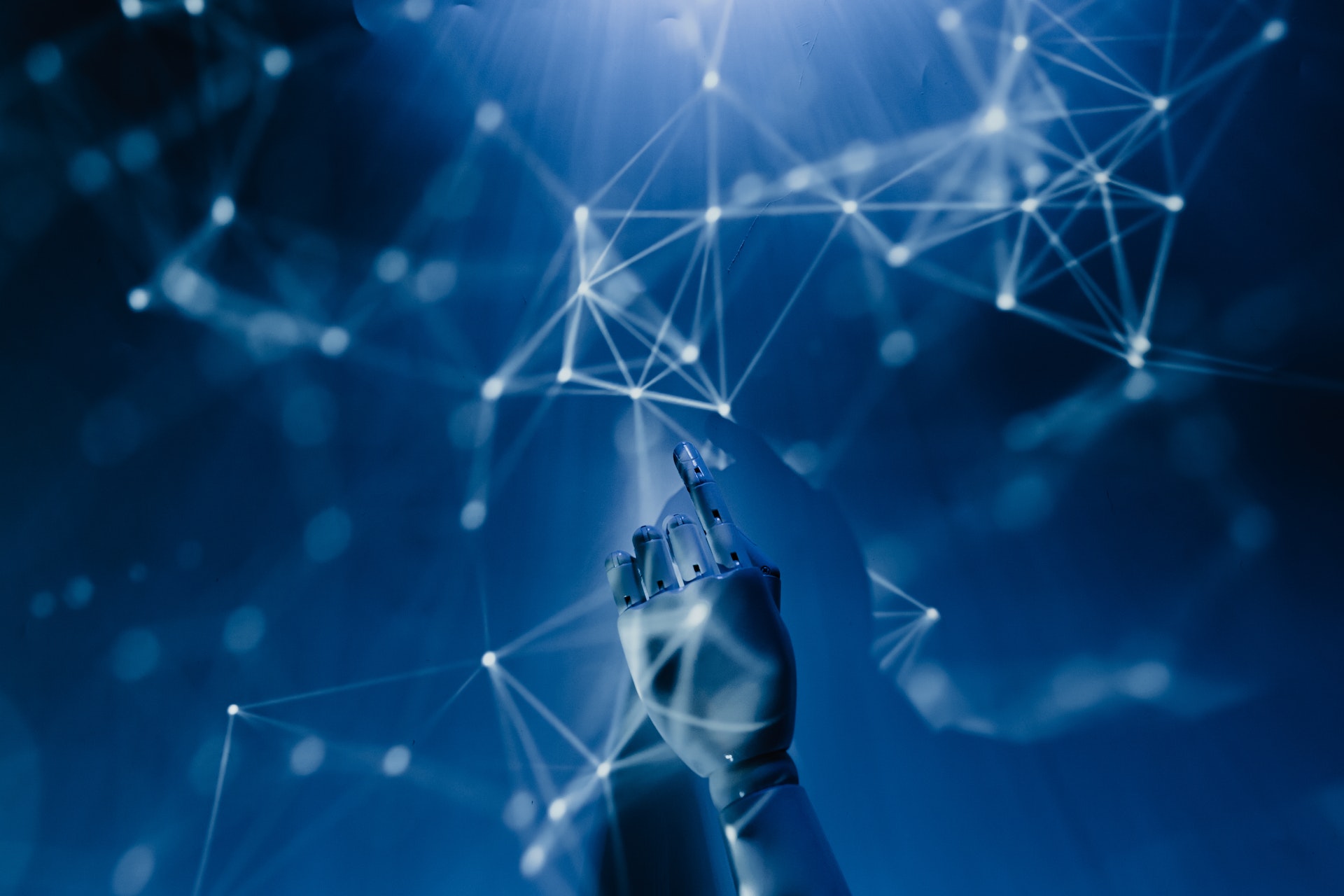Recently, two tech giants – Microsoft and SAP – announced the launch of joint generative AI offerings that are targeted at addressing one of the pressing issues that organizations today face – the growing talent gap.
Lack of skilled talent has been a deepening issue across industries and geographies. The global talent shortage touched a 17-year high with 4 in 5 employers globally reporting difficulty finding the skilled talent they need in 2023 (ManpowerGroup Talent Shortage survey). India’s talent scarcity stands at 80%, which is more than the global average of 77%.
One key reason for this growing gap is the challenges in finding skills required for the future, and preparing the existing workforce to be future-ready. For this, however, companies will need to cut down the cumbersome manual process and optimize recruitment, uskilling and cross-skilling
The joint generative AI offferings from Microsoft and SAP attempt to address these aspects.
The companies will collaborate on integrating SAP SuccessFactors solutions with Microsoft 365 Copilot and Copilot in Viva Learning, as well as Microsoft’s Azure OpenAIService to access language models that analyze and generate natural language. The integrations will enable new experiences designed to improve how organizations attract, retain and skill their people, the companies said.
The companies will work together in streamlining recruitment and employee learning in various different ways. Here are some examples:
Creating targeted job descriptions: SAP will leverage the Azure OpenAI Service API and data from SAP SuccessFactors solutions to create compelling and highly targeted job descriptions. People leaders will be able to fine-tune job descriptions using Copilot in Microsoft Word with additional content and checks to detect bias. The final job descriptions will then be published in SAP SuccessFactors solutions to complete the workflow, without people leaders having to leave their normal flow of work. SAP will also leverage the Azure OpenAI Service API to offer prompts to interviewers within Microsoft Teams with suggested questions based on a candidate’s resume, the job description and similar jobs.
Personalise learning recommendations for employees: Employees can use Copilot in Viva Learning to conduct natural language queries to create personalized learning recommendations based on data that align with the employee’s career and development goals. As learning is completed, the SAP SuccessFactors portfolio will update automatically, providing companies an up-to-date view of the skills landscape in their organization. This enhancement builds on an already robust integration with content, assignment, permissions and SSO sync, available now, and an automated admin setup Experience available to customers later this year.
“We have an incredible opportunity to deliver next-generation AI that will unlock productivity growth for every individual, organization and industry, including the human resources function,” said Satya Nadella, Chairman and CEO, Microsoft. “We’re building on our long-standing cloud partnership with SAP and bringing together the power of Microsoft 365 Copilot with SAP SuccessFactors solutions to transform how organizations attract and develop their most important resource – their people.”
